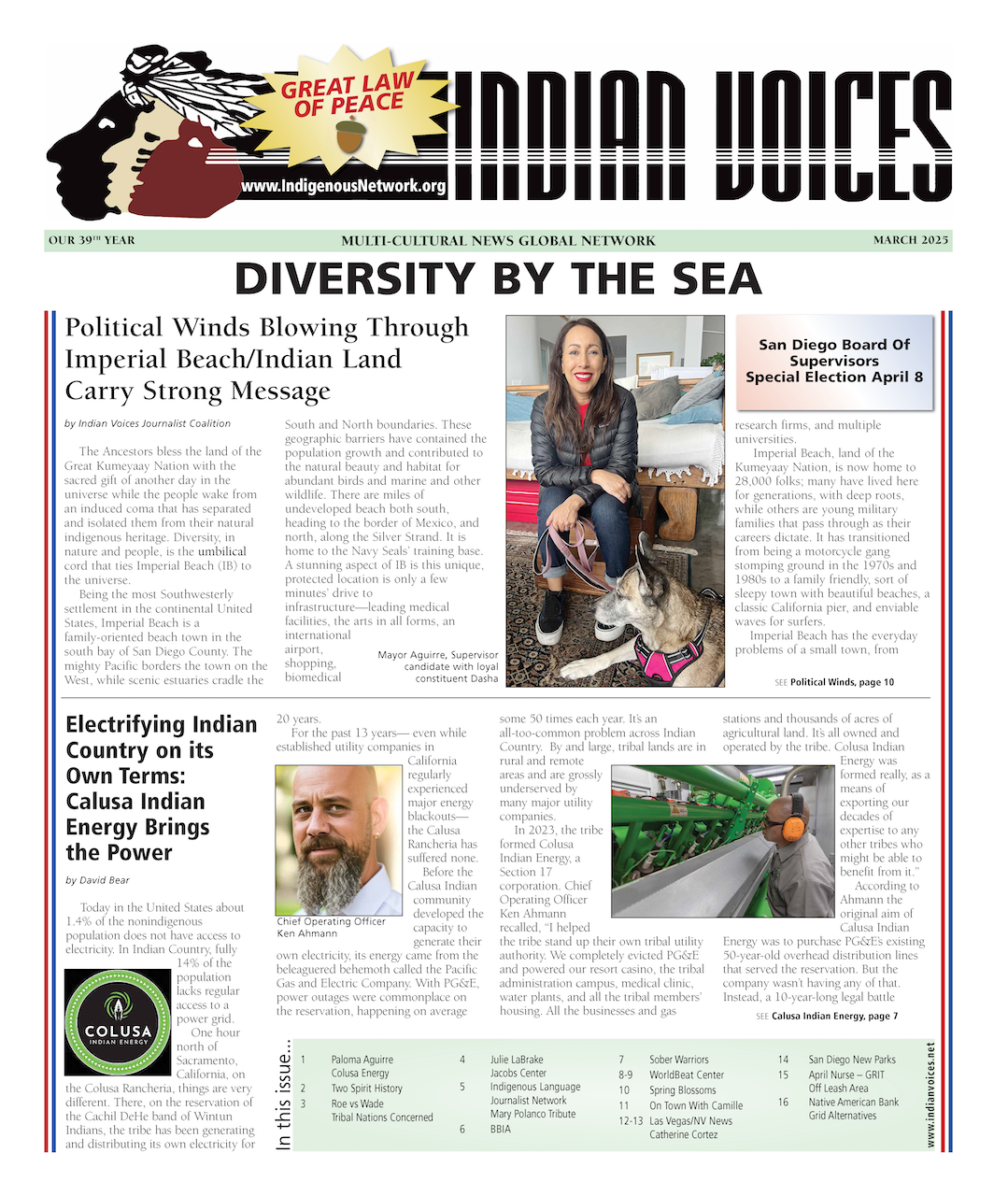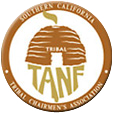by Chief Wilma Mankiller
Now that the Democrats and Republicans have concluded their National Conventions and have chosen their candidates it is up to the people of America to address the issues that can bring us together as a balanced and healthy nation. We can think of no better place to start than continuing the work of Wilma Mankiller before her tragic and untimely death. As moderator for the 2000 NCAI gathering Exploring the Legacy and Future of Black/Indian Relations the former Principal Chief of the Cherokee Nation focused on cultural issues that need to be examined and discussed.
I became interested in the relationships and the connections between Native American and African American people many years ago. I had been reading a book called Things Fall Apart by Achebe. Before that, I was like everybody else who learned from the national news about the struggle against Apartheid in Africa. I knew there were a lot of political organizations, but I really didn’t put it together until I read Achebe’s story about an individual family, an individual community, and the destruction of the people. The situation was strikingly similar to what has happened to Native People in this country. It was almost as if the colonizers had “a little black book” that they used to colonize the people, as they went around the world. They took away the leaders, destroyed their medicines, destroyed their governmental system, sent the kids away to distant schools and, in the case of Africa, to French and other European schools, and in our case, to government boarding schools, the native boarding school. That piqued my interest and I have been interested in these issues since that time. I later found that there were many connections in this country between African Americans and Native Americans, some positive and, some not so positive. In some of the large southeastern tribes, the mixed-blood population were slave holders, and there was and continues to be what I would describe as almost a class system, in the southeastern tribes. And by and large the full blood people were absolutely opposed to holding of human beings in bondage. And so we have that history. On the other hand, we have a history of a great deal of intermarriage; we have a history of our people joining abolitionists in their struggle. It is a complicated history. It is important for us to talk about that a little bit today and think about it. Why is that important? Why is it important to Indian country? One of the reasons it is important is that, as we in tribal governments continue to be under siege, it is critical to build coalitions with African Americans to advance our issues and theirs. Sometimes our issues are not the same as theirs. In the seventies and the late sixties I had a great deal of trouble explaining to my friends who were working in the Civil Rights Movement that while the civil rights movement tried to help people gain entry into the system, we were fighting for the right to have our own system. And so sometimes we need to understand our different issues here, and talk to one another about those issues so that we can support their civil right issues and they can support our issues to retain our separate tribal government and our traditional way of life. Coalitions are important.
The other reason it is important is because there are a couple of issues in Indian Country now, where things that happened to African American people happened to all of us. For example, in the case of the Pequots, with the Benedict book, and the fact that the Pequot Nation [is being challenged in] the federal recognition process–- is about racism, not just about questioning their ancestry. Society tends to accept tribal people when mixed with white people, without any problem whatsoever. If you meet someone who says I am half white and half Yakama, or half white and half Oneida, or whatever, people tend to accept those people. But, if you find someone who says I am half black and half Oneida, Yakama, or Cherokee, people have more difficulty with that. That is the reality of the time that we live in. And, I believe, watching this issue from afar, that is what is driving the issue of the Pequots -- part of it is greed, just plain old greed, in envy of their financial success -- and part of it is racism.
There is another issue of freed slaves who generally were a class of citizens, described as Freedmen; and I mean citizens, they were full citizens in the Seminole Nation, until recently. There were two bands that participated fully in the Seminole Nation until very recently, and then in July in the year 2000, there was a tribal vote and they were excluded from further participation in the Seminole Nation. Which raises a couple of questions -- it raises two issues that I think are important for people to talk about, (one) the tribal right, which tribes have fought for since the beginning of contact, to determine who is their membership, (two) the civil and human rights of the Freedmen, and to bring together these very different issues -- they are sort of at a juncture, and I think that we are going to see these issues arise more often.
One of the things that struck me in going to the South--the last NCAI Congress was in Myrtle Beach --was that I saw people who appeared to be African-American, who I could absolutely look at and say “that person is Creek, or that person is Cherokee. “And, I saw three or four people like that, and I thought that the whole area of family connections between African Americans and Native Americans was very interesting and we should have a dialogue about it.
Anyway, that is where we are, and that is what got us here. I have sort of abused the prerogative of the moderator, I am sounding too much like a retired MIT professor.





